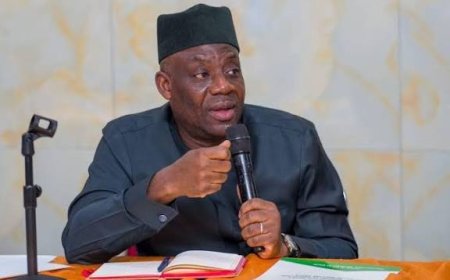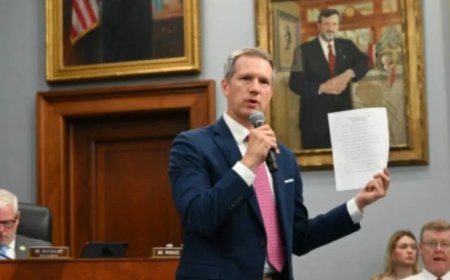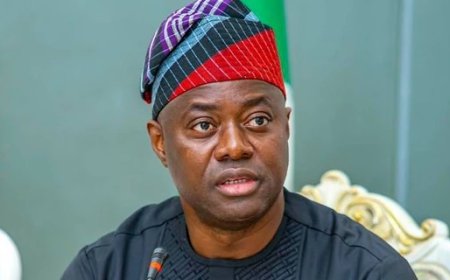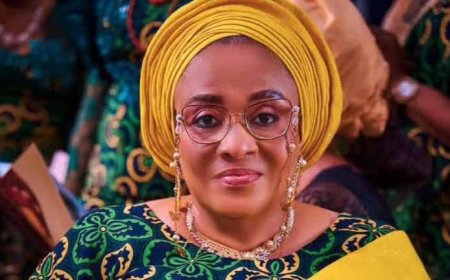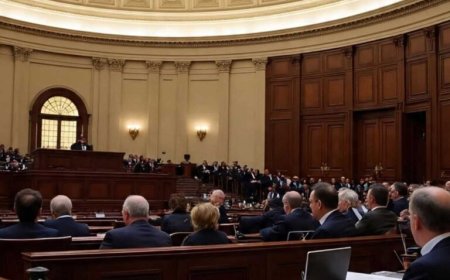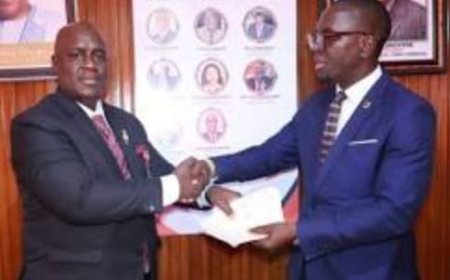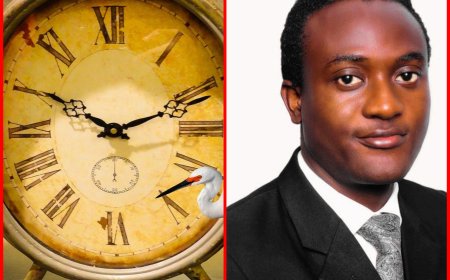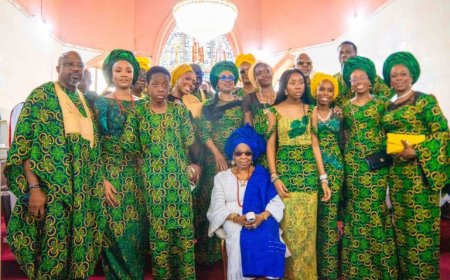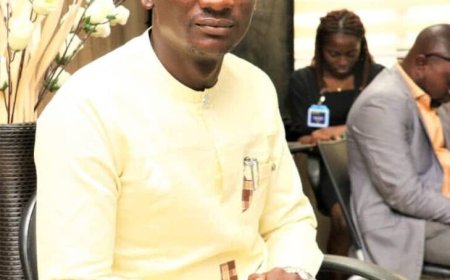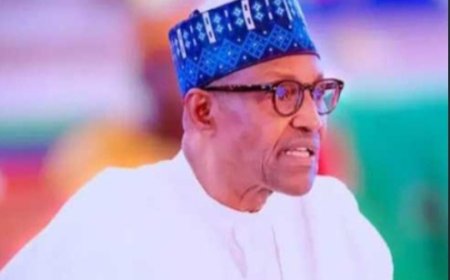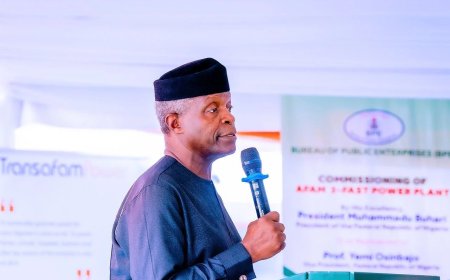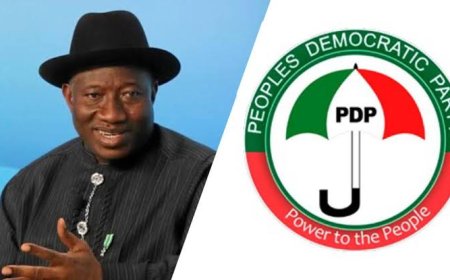From Akpata to Yakubu: How INEC Chairmen Shape Nigeria’s Elections

By: Israel Adeleke
OPEN TELEVISION NAIJA (OTN) News reports that since the establishment of the Independent National Electoral Commission (INEC) in 1998 under the administration of General Abdulsalami Abubakar, it has remained the backbone of Nigeria’s democratic process, conducting elections and overseeing voter registration, collation of results, and the declaration of winners.
OTN News further reports that at the helm of the commission is the chairman, whose leadership has often defined the credibility and public confidence in Nigeria’s elections.
Over the years, six individuals have led INEC, each leaving a mark on the nation’s political history.
Below is a comprehensive list of INEC chairmen from 1998 to date, including their tenures and notable achievements, compiled by OPEN TELEVISION NAIJA (OTN) News.
1. Ephraim Akpata (1998–2000) was the pioneer chairman, credited with conducting the transitional 1999 general elections that ushered in the Fourth Republic and brought former President Olusegun Obasanjo to power after years of military rule.
2. Dr. Abel Guobadia (2000–2005) introduced electronic voting systems and presided over the 2003 general elections. Although his tenure faced criticism for election irregularities, he strengthened the commission by expanding polling units across the country.
3. Prof. Maurice Iwu (2005–2010) became one of the most controversial chairmen, overseeing the 2007 elections that were widely condemned for malpractice.
He barred foreign monitors, allowing only observers, and supervised the election that brought the late President Umaru Musa Yar’Adua to power—a poll Yar’Adua himself later admitted was flawed.
4. Prof. Attahiru Jega (2010–2015) is remembered as a reformist, introducing biometric voter registration and the use of smart card readers. His leadership restored public trust, with the 2011 and 2015 elections considered some of Nigeria’s most credible in recent history.
4. Amina Zakari (Acting, 2015) briefly stepped in after Jega’s exit, making history as the first woman to head the commission in an acting capacity.
6. Prof. Mahmood Yakubu (2015–Present) was appointed by former President Muhammadu Buhari in 2015 and reappointed in 2021.
He has overseen the 2019 and 2023 general elections, focusing on technology-driven reforms and efforts to boost INEC’s independence.
However, logistical challenges, political pressure, and lingering accusations of irregularities continue to test his leadership.
INEC’s history of chairmen reflects the country’s evolving democratic journey, from Akpata’s transitional elections to Jega’s technological reforms and Yakubu’s push for digitalization.
While controversies and challenges persist, the commission remains central to safeguarding Nigeria’s democratic survival.
As Mahmood Yakubu continues in office, Nigerians await deeper reforms that can guarantee future elections are more transparent, credible, and reflective of the people’s will.
Some FAQs About INEC Chairmen in Nigeria
1. Who was the first INEC Chairman in Nigeria?
Ephraim Akpata (1998–2000).
2. Who is the current INEC Chairman?
Prof. Mahmood Yakubu, reappointed in 2021.
3. Which INEC Chairman introduced biometric registration?
Prof. Attahiru Jega in the 2011 elections.
4. Who made history as the first woman to head the commission in an acting capacity?
Amina Zakari (Acting, 2015)
5. What is the role of the INEC Chairman?
The INEC Chairman oversees voter registration, election conduct, result collation, and declaration of winners.
What's Your Reaction?















